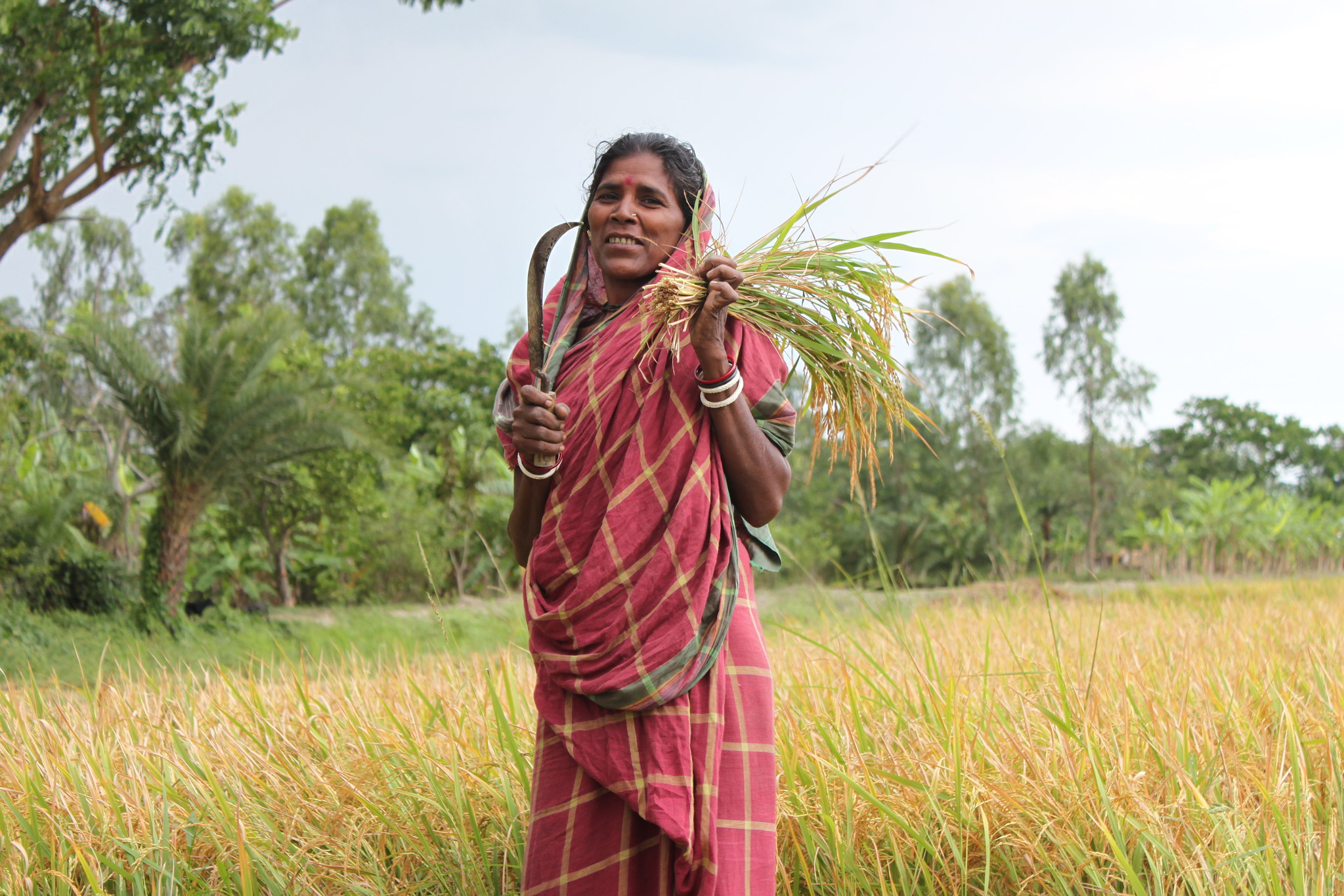By Rachel Turner, Director, International Finance & Senior Land Champion, UK Department for International Development
Photo: UN Women/Ashutosh Neg (Creative Commons Attribution)
This blog was produced for the LEGEND Land Policy Bulletin. Land: Enhancing Governance for Economic Development (LEGEND) is a DFID programme that aims to improve land rights protection, knowledge and information, and the quality of private sector investment in DFID priority countries.
The need to empower women to drive inclusive and sustainable development is a ‘no brainer’. Secure land rights for women, including access to and control over land and other productive assets is key. Some of our programmes, for example in Rwanda and Ethiopia, are taking bold steps in driving women’s land rights and are achieving excellent results, including better yields, incomes, nutrition and health, improved societal status, and greater roles for women in household decision-making, even on the number of children a family will have.
We are seeing commitments and monitoring efforts at the international level, for example through the monitoring of women’s property rights in the World Bank index on ‘Women, Business and the Law’, special land governance guides on agreed global standards, a land rights target for the new Global Goal 5 (gender equality), and political commitments on women’s land rights in a whole host of initiatives.
Things are moving, and that’s great. But does it all add up, and are women more than an afterthought? Let’s be realistic about the challenges: where women gain control over assets, some see their powers recede. And sometimes, commitments are made lightly and not followed through. Change requires determined, strategic and well-evidenced action.
This is why DFID will do all it can to drive this change, so that we can eradicate poverty within our lifetime. Women’s land rights are at the core of our work to empower women economically. By mid-2015, our bilateral programmes had already helped 5.8 million people, including 2.5 million women, to improve their land and property rights. And we’ll do a lot more in the years to come, including through the new global Panel on Women’s Economic Empowerment that we have just set up.
For more information contact Iris Krebber at I-Krebber@dfid.gov.uk




